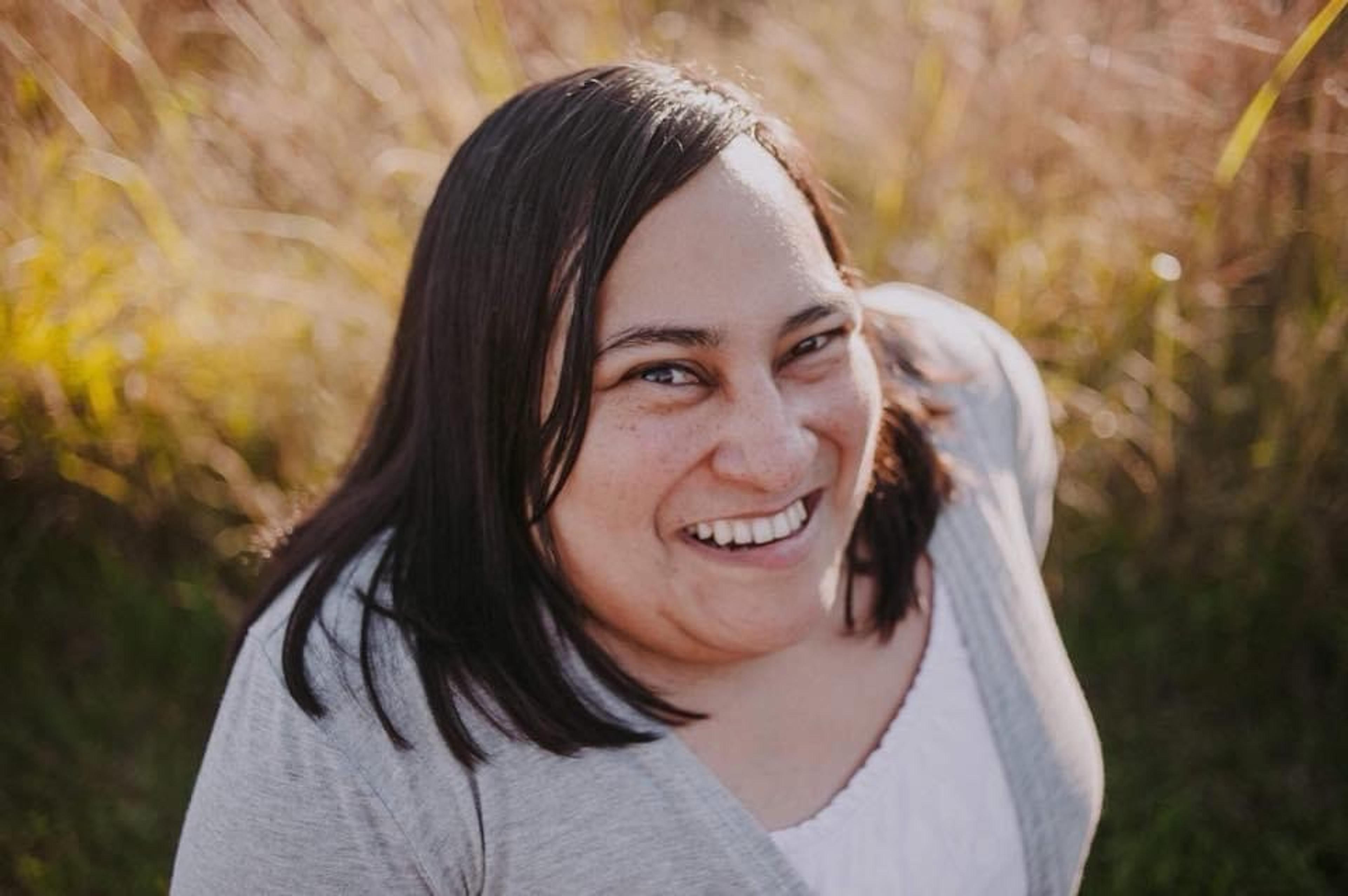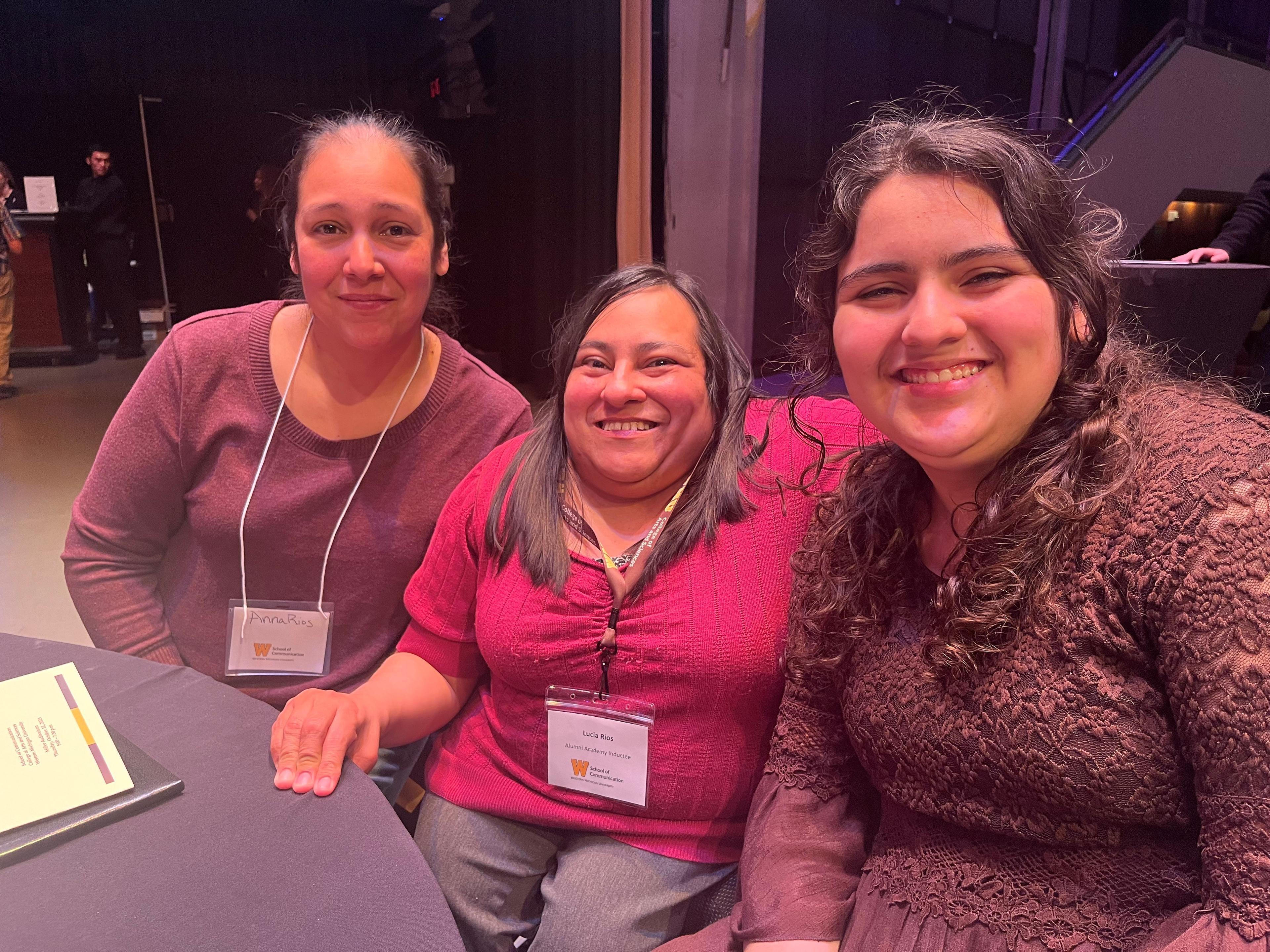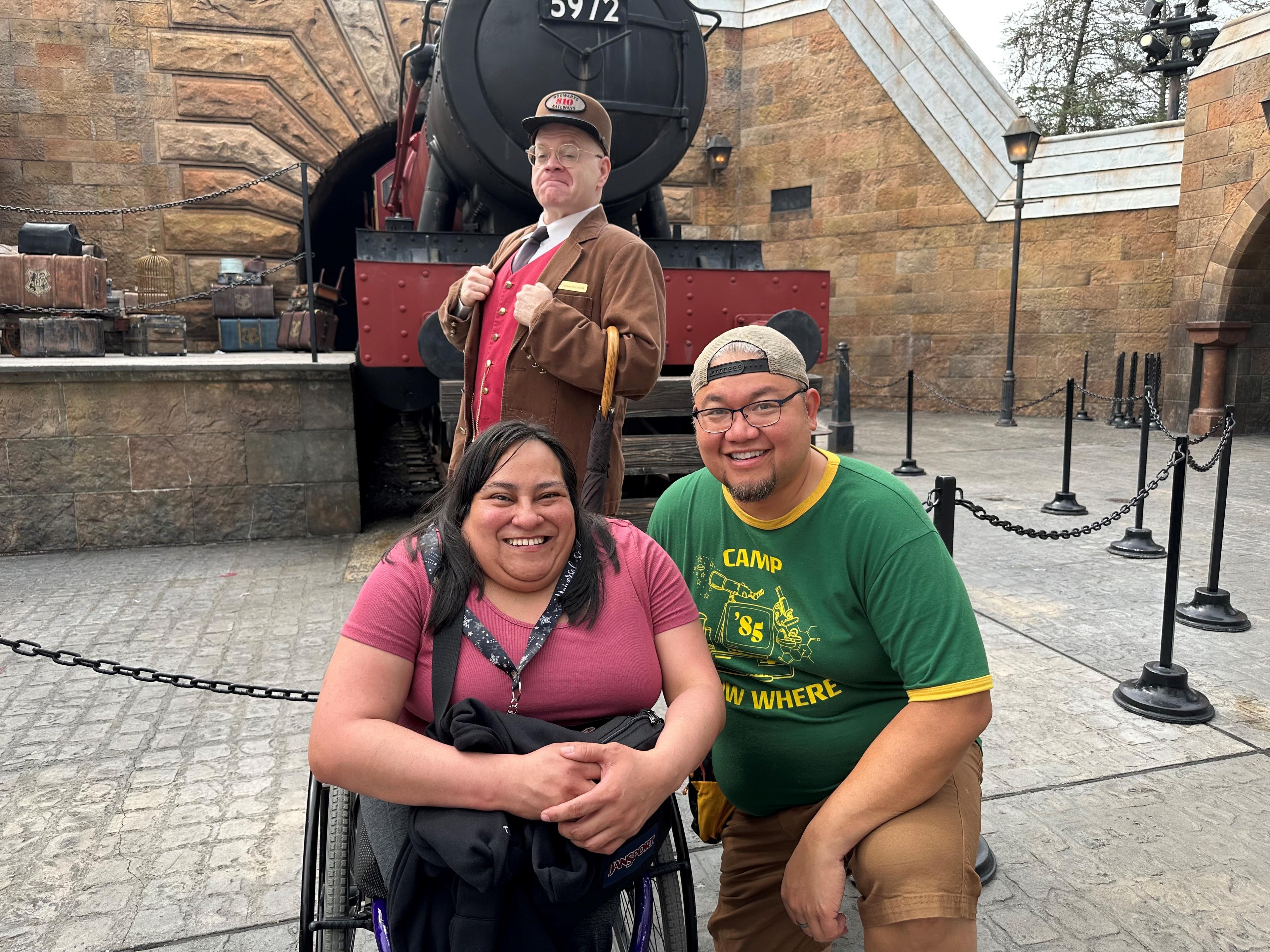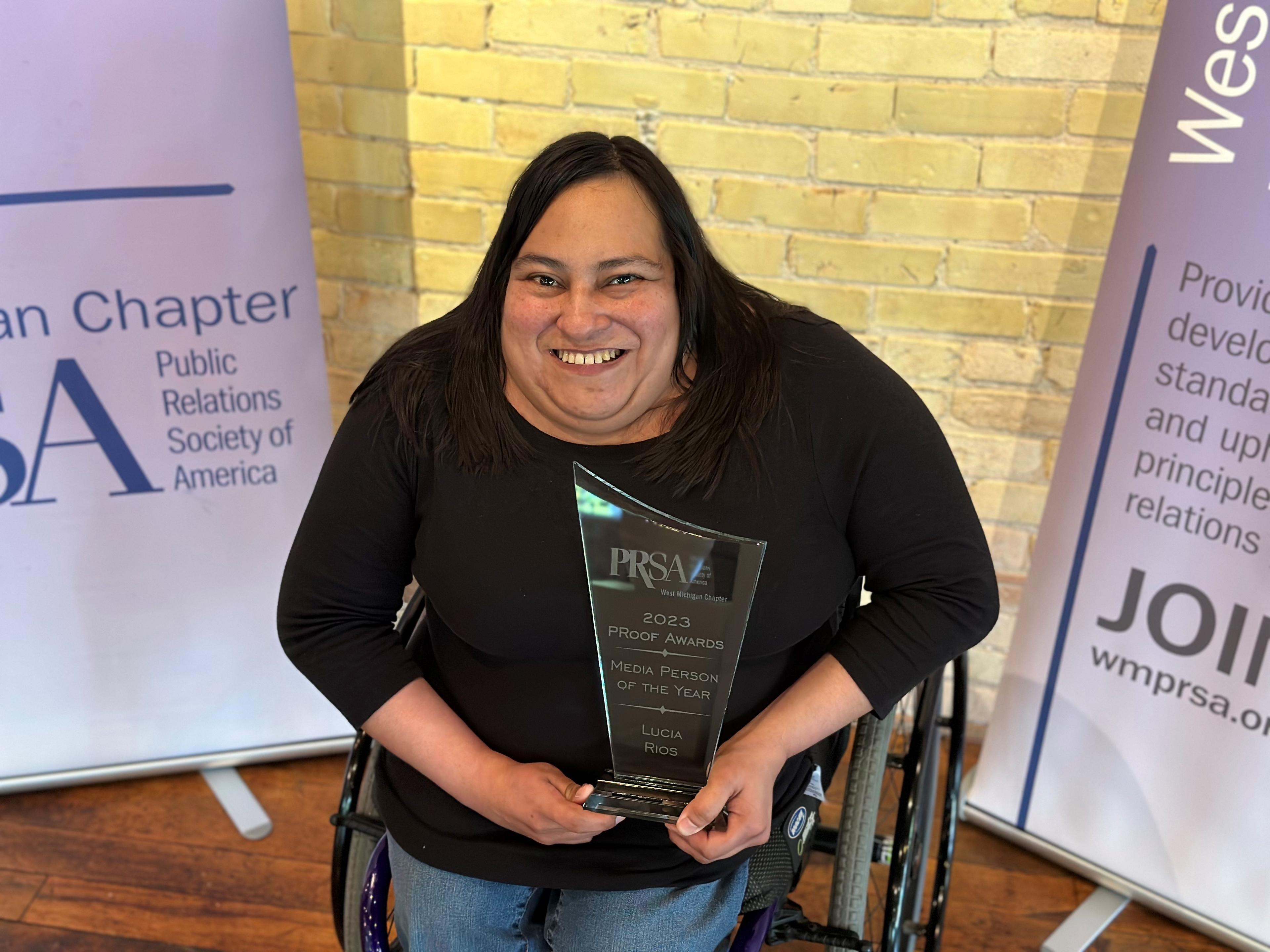Living with Spina Bifida: Holland Woman Advocates for Herself, Others
Amy Barczy
| 5 min read

Lucia Rios has spent her entire life learning about the disorder she was born with – and she’s still finding out new information.
Rios, 43, of Holland, was born with spina bifida – a birth disorder in which the spine doesn’t completely develop. In spina bifida, the neural tube doesn’t completely close, which means some of the bones of the spine don’t close in the back. There are varying types of spina bifida, and the abilities and medical issues vary from person to person. About 1,400 babies are born in the U.S. each year with spina bifida.
Most cases of spina bifida are mild and don’t require special treatment; however some of the more serious cases involve nerve damage.
Rios considers herself an anomaly: she was born with a closed spine – which is more uncommon for individuals with spina bifida. She is not paralyzed, though some babies with spina bifida can have paralysis due to damaged nerves. She did need medical care – including surgery on her lower extremities – when she was very young. But for Rios, the details remained a mystery up until this year.

A rare diagnosis
“My mom wasn’t very familiar with spina bifida, but she only knew what the doctors told her,” Rios said. “My mom was first generation Mexican American, and had a child with a disability. We never really understood everything about it.”
It wasn’t until high school that Rios started researching spina bifida on her own, when she was completing a research paper for a class project. Throughout her adult years, Rios has continued to learn more about the condition. As an adult, as other health conditions started to emerge, she wanted to know more about her own health history.
“I thought, I needed to get to the root of this; I need to see my medical records. To know when surgeries were done, and why they were done,” Rios said.
This year, she obtained medical records from the two different hospitals where she had received care as a child. The notes in her records had a phrase that kept popping out: “sacral agenesis.” It’s a rare birth defect and affects the sacrum – the bottom of the spine around the tailbone.
For Rios, it was like a lightbulb had turned on. She quickly read up on the symptoms and thought, “that is it.”
“With spina bifida, they do a lot of research about the condition in children,” Rios said, explaining that it was difficult to find the right doctor for her care after growing too old to receive care at the specialty children’s clinic. “As an adult living with spina bifida, when there’s not a lot of research or doctors, it’s important for me to inform the doctors so I can get the best treatment for me.”
Finding her voice
As a child, Rios navigated life with spina bifida with the condition in the background.
“My mom wouldn’t focus on the diagnosis,” Rios said. “I was mobile; I’m very fortunate that I can use crutches well.”
Her early school days were spent surrounded by children of all abilities, where she found support and felt she blended in with the rest of her class. From kindergarten to high school, she stayed with the same classmates in Holland Public Schools – which meant she was part of the mainstream group and was not isolated. It wasn’t until she left for college at Western Michigan University that she began to feel like people were treating her differently.

“I made it to college and was able to get around by myself, but it was more of a reality check,” Rios said. “I had to rely on my wheelchair and connect to people who had never been around people with disabilities, where I was confronted with the reality of people judging me or feeling bad for me for what I was born with.”
Studying journalism and comparative religion, Rios dreamed of being a print newspaper writer. She liked the anonymity that came with a byline on an article – and the fact that people would not form an impression of her based on what she looked like.
“When you’re a writer, people have to judge you based on your talent, without seeing you,” Rios said. “I liked that part of it.”
Navigating campus with her wheelchair, Rios found herself becoming an advocate for herself and for others with disabilities: broken elevators, broken sidewalks and snowy or icy winter walkways were in the way of her education and ability to attend class. After graduation, she found a job working in the disability field at a nonprofit in Holland. Her passion for advocacy and inclusion continues today, as she works for Salesforce as a workforce navigator, helping individuals with disabilities who are looking to enter a career with the company.

Being independent
Rios lives independently: she drives herself, and can get her wheelchair in and out of her car herself. She doesn’t rely on government assistance, and provides for herself out of her full-time job. But living with spina bifida does come with extra expenses – both financially and physically – that the average person never has to consider.
“It’s very hard and expensive having a disability,” Rios said. “People think there’s this pot of money out there for people with disabilities and there’s not.”
For example, if she needed modifications on her car, she’d need to pay out of pocket for them. And although Rios is a part of “generation ADA” – meaning she was 10 years old when the Americans with Disabilities Act was passed – there’s still a lot of work to do to make public places accessible for all.
Photo credits: Courtesy of Lucia Rios





